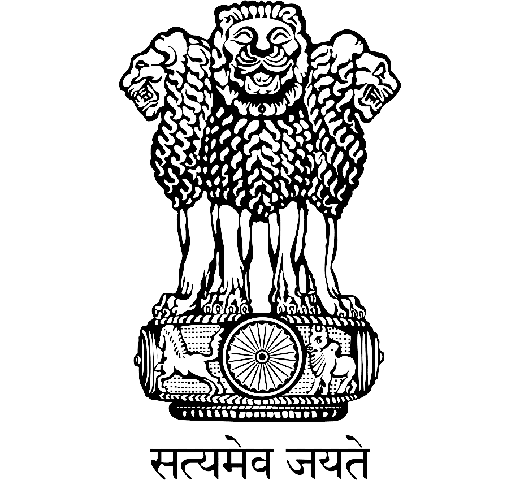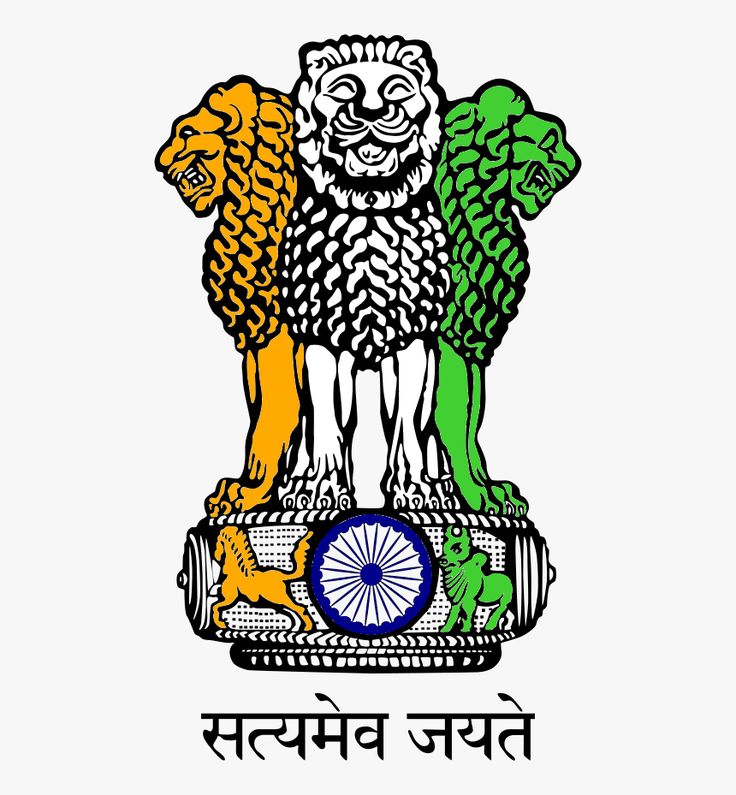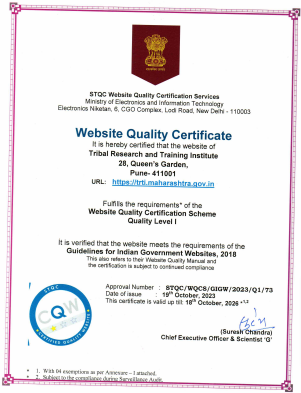The first skill development policy was announced by the GoI in 2008 to leverage the benefit of demographic dividend of having a largely young population in the nation. There have been a lot of changes taking place in the field of entrepreneurship and skill development during the past decade. Standardization, certification, affiliations and mandatory placement have been introduced as part of ensuring periodic outcomes and linking the expenditure of public fund to some tangible results. The Entrepreneurship and Skill Development Policy (ESDP-2015) also envisages the spread of entrepreneurial culture and skilling interventions across social segments covering all sectors through various programs.
TDD GoM has decided to implement the ESDP scheme centrally, with the whole accountability and responsibility to be shouldered by Tribal Research and Training Institute, Pune which is the capacity building arm of the department for in-service manpower and aspiring tribal youth to get into Govt. service/corporate career.
This decision is taken, keeping in view, the requirement of standardization in the implementation of the scheme and establishing a robust institutional network for executing multiple projects, which will address issues pertaining to tribal development. Attempts are also being made to integrate livelihood generation from all aspects of tribal life.
The needs of the tribal population staying in interior tribal areas and earning livelihood based on forest resources are quite different from the general unemployed youth. While the latter can be equipped directly with skills through formal training, the former require al altogether different strategy that may have to deal with lifestyle, culture, social taboos, superstition etc. Some of these are borne out of resource and infrastructural constraints in tribal pockets. Much of the soft skills competencies are needed to be developed to optimize outcome from resource allocation in domain skills, entrepreneurial interventions etc. Run of the mill projects/brick and mortar initiatives in regular may not yield the desired results from the scheme under reference. Hence the innovative projects need to be pursued which will not focus only on income generation, but may act as preparatory steps for taking up the challenge of earning income through skilling and entrepreneurship interventions.
The scope of the division therefore shall not be restricted only to income generation through skilling and entrepreneurship but will encompass all areas relevant to tribal life mentioned in the Sustainable Development Goals (SDGs) treaty of UN members accepted by Govt. of India which are mentioned below. These SDGs have been accepted by UN members in 2016 and shall remain in force till 2030.
Poverty eradication, Universalization of primary education, Infant mortality, Clean drinking water, Malnutrition and hunger fighting, Primary health services leading to improvement in overall Human Development Index, Use of non- conventional energy sources, Issues pertaining to climate change.
These are some of the indicative 8 SDGs out of 17 accepted by UN nations, based on these and in relevance to tribal development. The Commissioner TRTI shall make the decision to sanction grants for financing particular project from innovative category.


















